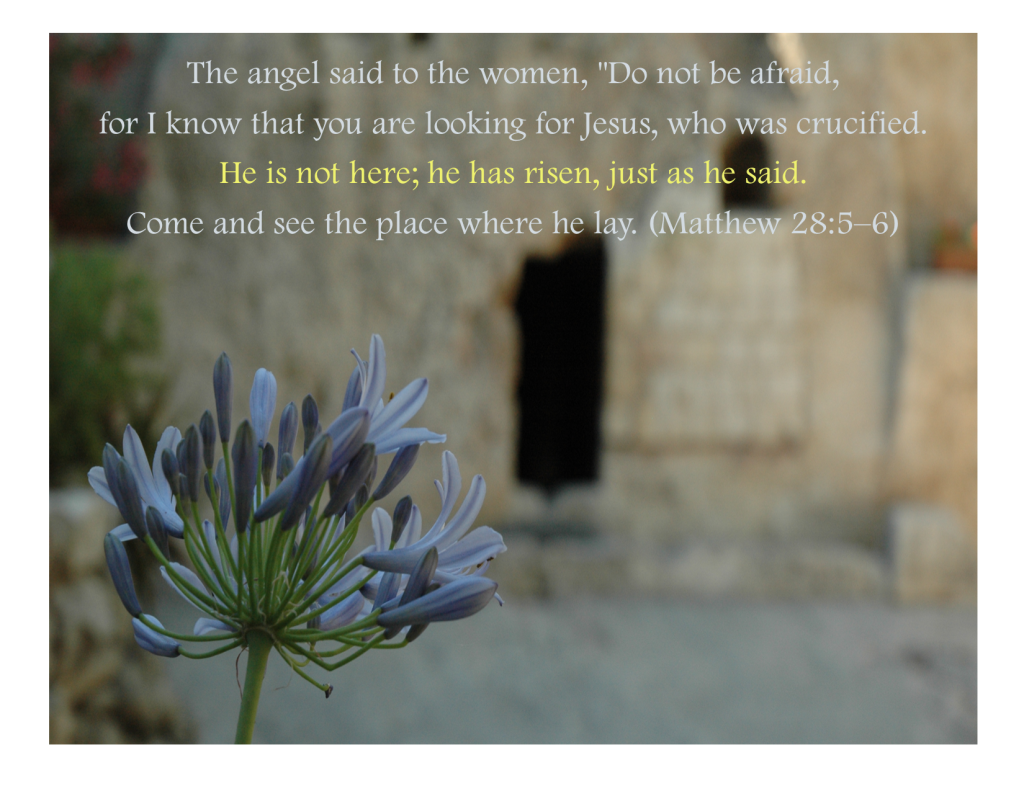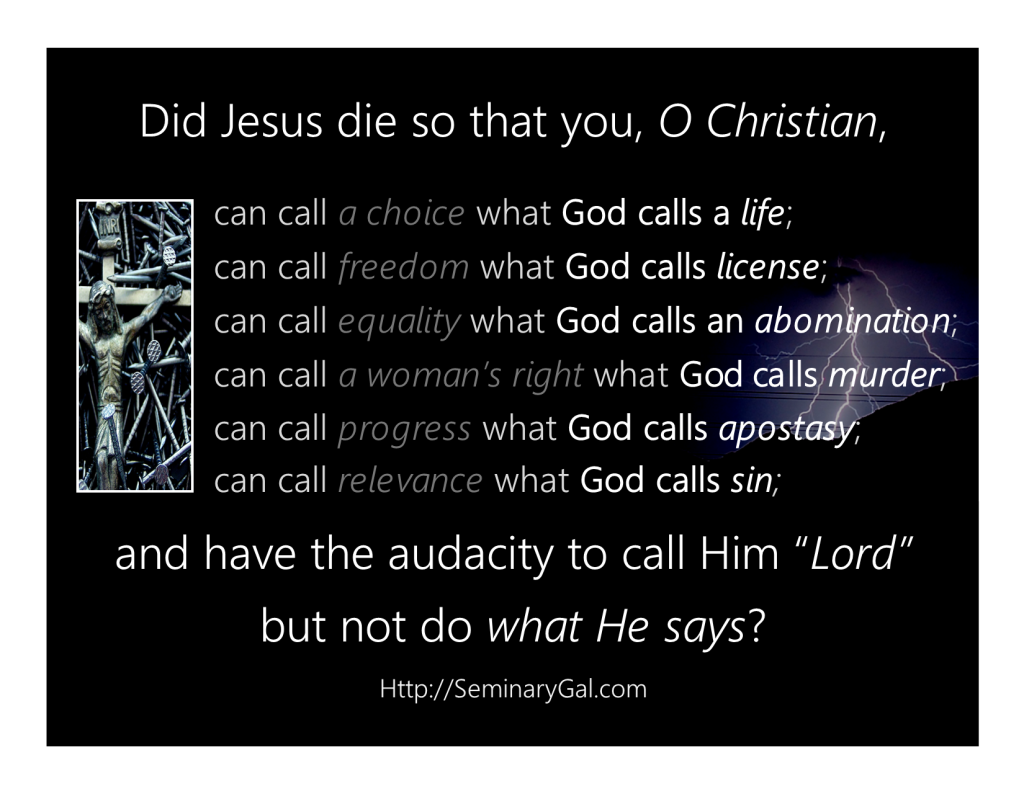 Years ago, comedian Emo Philips performed “Once I was in San Francisco,” a routine that included a joke that has been voted the best religious joke ever (watch here):
Years ago, comedian Emo Philips performed “Once I was in San Francisco,” a routine that included a joke that has been voted the best religious joke ever (watch here):
Once I saw this guy on a bridge about to jump. I said, “Don’t do it!” He said, “Nobody loves me.” I said, “God loves you. Do you believe in God?”
He said, “Yes.” I said, “Are you a Christian or a Jew?” He said, “A Christian.” I said, “Me, too! Protestant or Catholic?” He said, “Protestant.” I said, “Me, too! What franchise?” He said, “Baptist.” I said, “Me, too! Northern Baptist or Southern Baptist?” He said, “Northern Baptist.” I said, “Me, too! Northern Conservative Baptist or Northern Liberal Baptist?”
He said, “Northern Conservative Baptist.” I said, “Me, too! Northern Conservative Baptist Great Lakes Region, or Northern Conservative Baptist Eastern Region?” He said, “Northern Conservative Baptist Great Lakes Region.” I said, “Me, too!”
Northern Conservative Baptist Great Lakes Region Council of 1879, or Northern Conservative Baptist Great Lakes Region Council of 1912?” He said, “Northern Conservative Baptist Great Lakes Region Council of 1912.” I said, “Die, heretic!” And I pushed him over.
The “Die, heretic!” conclusion of the joke was unexpected and makes it appropriate for today’s devotional on Romans 14:1-9.
We’re rapidly approaching the end of our look into The Letter to the Romans: Paul’s Masterpiece. Paul has asserted that the Gospel is for all, that we’re all sinners and we’re all in need of salvation. As he brings his letter to a close, he drives home this point: Christ united believers through His death on the Cross, therefore, let us not divide ourselves over small things.
For none of us lives to himself alone and none of us dies to himself alone. If we live, we live to the Lord; and if we die, we die to the Lord. So, whether we live or die, we belong to the Lord. For this very reason, Christ died and returned to life so that he might be the Lord of both the dead and the living. (Romans 14:7-9)
We belong to the Lord as believers, so let’s leave the judging to Him as Lord of life and death matters and every small matter in between.
* * *
Give it up for Lent: Looking down on Christians who don’t believe exactly like you
* * *
For further study, read Titus 3:1-10, noting all the ways this echoes Paul’s admonitions in Romans regarding how to live in community.
Titus 3:1 Remind the people to be subject to rulers and authorities, to be obedient, to be ready to do whatever is good, 2 to slander no one, to be peaceable and considerate, and to show true humility toward all men. 3 At one time we too were foolish, disobedient, deceived and enslaved by all kinds of passions and pleasures. We lived in malice and envy, being hated and hating one another. 4 But when the kindness and love of God our Savior appeared, 5 he saved us, not because of righteous things we had done, but because of his mercy. He saved us through the washing of rebirth and renewal by the Holy Spirit, 6 whom he poured out on us generously through Jesus Christ our Savior, 7 so that, having been justified by his grace, we might become heirs having the hope of eternal life. 8 This is a trustworthy saying. And I want you to stress these things, so that those who have trusted in God may be careful to devote themselves to doing what is good. These things are excellent and profitable for everyone. 9 But avoid foolish controversies and genealogies and arguments and quarrels about the law, because these are unprofitable and useless.



 It’s Good Friday –a day to remember the way Jesus Christ suffered and died. To remember how He bore our sins through His death on the Cross.
It’s Good Friday –a day to remember the way Jesus Christ suffered and died. To remember how He bore our sins through His death on the Cross.  Imagine that today, you’re standing before God, the Judge:
Imagine that today, you’re standing before God, the Judge: Years ago, comedian Emo Philips performed “Once I was in San Francisco,” a routine that included a joke that has been voted the best religious joke ever (
Years ago, comedian Emo Philips performed “Once I was in San Francisco,” a routine that included a joke that has been voted the best religious joke ever (
 The cheese stands alone, the Christian does not.
The cheese stands alone, the Christian does not. When God calls the Church to be biblically countercultural, He doesn’t overlook that we are individuals.
When God calls the Church to be biblically countercultural, He doesn’t overlook that we are individuals. 